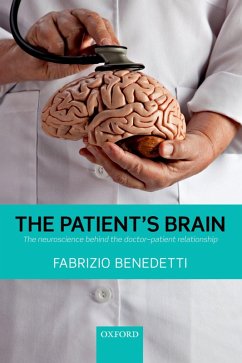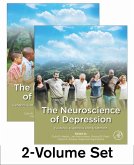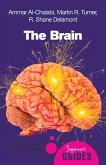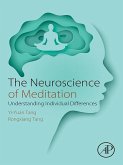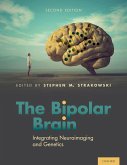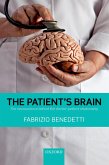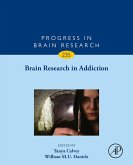There is a vast literature on what has often been called the doctor-patient relationship, patient-provider interaction, therapist-patient encounter, and such like. However, it is thanks to recent advances within neuroscience, that we now find ourselves in a much better position to be able to describe and discuss the biological mechanisms that underlie the doctor-patient relationship. For example, we now know that different physiological and biochemical mechanisms take part in complex functions, like trust, hope, empathy and compassion, which are all key elements in the therapist-patient encounter. With this neuroscientific knowledge in their hands, health professionals will soon be able to directly see how their words, attitudes, and behaviours activate and inactivate molecules, cortical areas, and sensory systems in the brains of their patients. This revolutionary new book describes and explains how this new scientific knowledge can be put to great practical use. It shows how, from a neuroscientific perspective, the doctor-patient relationship can be subdivided into at least four steps: feeling sick, seeking relief, meeting the therapist, and receiving therapy. The main advantage to approaching the doctor-patient relationship from a neuroscientific perspective is that physicians, psychologists and health professionals can better understand what kind of changes they can induce in their patients' brains, further boosting the professional's empathic and compassionate behaviour. Written by the author of the critically acclaimed 'Placebo Effects', this book will lead to a better awareness of the potential power that the doctor's behaviour may have on the patient's behaviour and capacity for recovery from illness, as well as to better medical practice and social/communication skills. It will be required reading for physicians, psychotherapists, and neuroscientists.
Dieser Download kann aus rechtlichen Gründen nur mit Rechnungsadresse in A, B, BG, CY, CZ, D, DK, EW, E, FIN, F, GR, HR, H, IRL, I, LT, L, LR, M, NL, PL, P, R, S, SLO, SK ausgeliefert werden.

